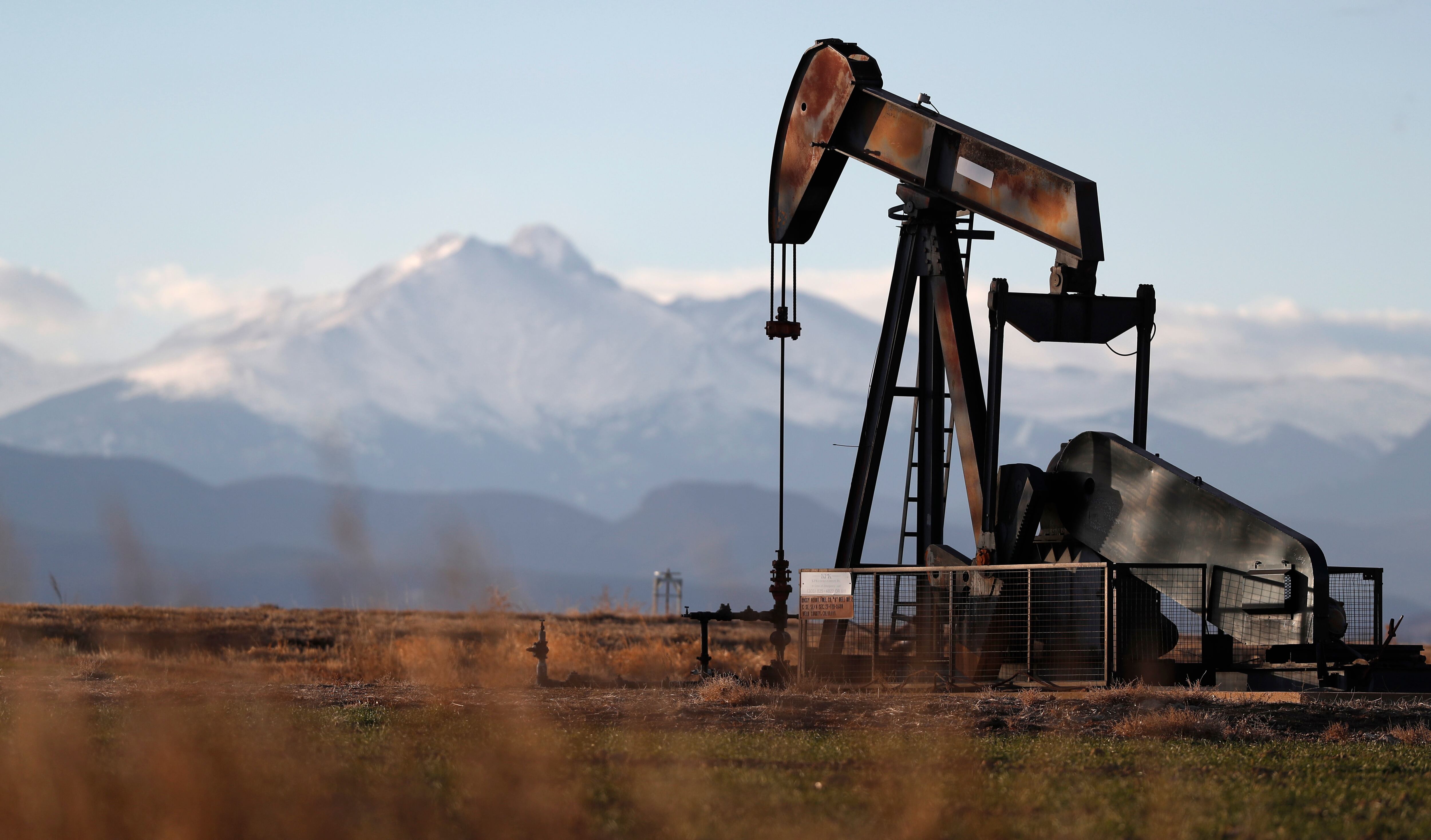The movement to fight climate change with capital is facing its biggest regulatory challenge yet. Some institutional investors argue that a proposed rule from the U.S. Department of Labor will make it harder for pension and 401(k) administrators to shift workers’ savings out of fossil fuels.
The new rule would tweak the Employee Retirement Income Security Act of 1974 (ERISA), which regulates the fiduciary duties of private plan managers, to prohibit investing in investment vehicles that "subordinate return or increase risk" to meet "non-financial objectives."
Secretary of Labor Eugene Scalia didn't mince words in his interpretation of federal law.
"Private employer-sponsored retirement plans are not vehicles for furthering social goals or policy objectives that are not in the financial interest of the plan,” he said in a statement.
This is the most aggressive attempt so far to hamper the shift toward ESG (Environmental, Social, and Corporate Governance) investing, which has
accelerated since the beginning of the coronavirus pandemic.
The agency proposed the rule in late June and has since received an avalanche of public comments from unions, environmental groups, and institutional investors such as the California State Teachers’ Retirement System.
How exactly the agency will determine whether a plan is putting "non-financial" goals ahead of returns is still unclear, but one common criticism of the rule questions the very idea that prioritizing goals, such as divesting from fossil fuels, is not in investors' financial interests.
'Sustainable options'
"The Department of Labor makes these rulings and shifts back and forth with each administration, but this one is flying in the face of common sense because ESG investments out-perform investments that include the whole market and therefore fossil fuels," said Sandy Emerson, board president of Fossil Free California, which has worked with state pension plans to divest from fossil fuels. "There's been a lot of activism on the part of investors to get their plan managers to provide sustainable options."
Indeed, 2020 has been a tough year for fossil fuels. Big oil saw one of its worst quarters in history at the beginning of the pandemic, and major companies continue to drag on the big exchanges.
"The implication is that you should not have plan managers recommending investments that don't make money, and that, in fact, represents the fossil fuel sector at this time," Emerson said. "It's been losing money for a decade. It's really underperforming in the S&P 500 as we speak."
Some institutional investors have started putting pressure on companies to better account for long-term climate risk in their financial statements. BP recently did this when it slashed $17.5 billion from the value of its oil and gas assets.
Proponents of the rule, including industry groups such as the National Association of Manufacturers, the North American Coal Company, and Western Energy Alliance, echo the Labor Department's argument that the rule is necessary to separate politics from sound investment.
"It's strengthening fiduciary duty," said F. Vincent Vernuccio, a senior fellow at the Mackinac Center for Public Policy, a conservative think tank. "It's making sure that fiduciaries are using the money they control, but don't own, simply for the benefit of retirement plan beneficiaries and not using it for politics."
Vernuccio pointed to the $3.58 billion in investment gains lost by the California Public Employees’ Retirement System (CalPERS) over a 17-year-period when it divested from the tobacco industry, according to a report from Wilshire Associates commissioned by the system.
Risk factors
What's at stake with the DOL rule is what kinds of risk factors plan administrators can account for in their investment decisions, and whether they can take a longer view of financial risk.
For those who support ESG investing, factoring in the potential harm of climate change actually serves beneficiaries.
"ESG is really about risk management and trying to identify better investment opportunities from a financial perspective," said Michelle de Cordova, principal at ESG Global Advisors, which consults with institutional investors. "It's focusing on the impact of environmental and social issues on the value of the company. It's really about receiving a better return."
She added that most people in the financial industry would describe the kind of investment that prioritizes social or environmental goals above returns as "impact investing" rather than ESG.
"It's a completely valid school of investment, but it's a completely different school of investment," de Cordova said.
BlackRock, the world's largest asset manager, noted in a public comment that the rule creates unnecessary barriers for investors trying to juggle multiple factors that could, in the long-term, be important to their plan holders.
"The Proposal creates an overly prescriptive and burdensome standard that would interfere with plan fiduciaries’ ability and willingness to consider financially material ESG factors, regardless of their potential effect on the return and risk of an investment," it wrote.
"There is quite a strong feeling among a lot of investors that this proposal doesn't help to clarify anything, that it might be adding more confusion and potentially more risk," de Cordova said.
The debate over fiduciary rights is often technical, but for the workers and environmental groups that are pressuring plan managers to divest from fossil fuels, the issue is starker.
"If we're talking about protecting workers well into the future, we need to be talking about climate-related financial risk," Debrah McNamara, a member of Climate-Safe Pensions, a coalition of environmental nonprofits. "Not only do we think this is a moral imperative, we think it's connected to fiduciary duty and the long-term health of any pension."



